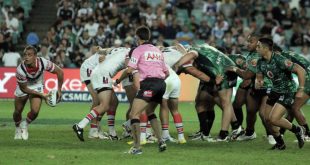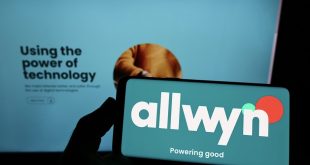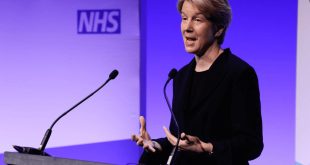Camelot Group, the operating company of the National Lottery, has faced media and political backlash following reports that 16 and 17-year-olds have spent £47 million on National Lottery games.
The Sunday Times accused Camelot of ‘exploiting a loophole’ in UK gambling laws, allowing children to wager on National Lottery instant-win products without any form of intervention.
Quoting ‘latest figures’, the Sunday Times stated that 16-and-17 year olds had spent £47 million on National Lottery games during 2017-18, with two-thirds playing online instant-win and scratchcard games.
The Times investigation accused Camelot of knowingly securing ‘exclusive access to a teenage market denied to other betting firms’, in which children could gamble up to £350 a week without providing customer care checks.
Critics stated that Camelot has purposely intended its National Lottery games hub to appeal to teenage audiences, with instant-win games designed on popular video games and reality TV programmes such as Donkey Kong and Love Island.
In the report, the National Lottery is identified as the first gambling experience for the majority of teenage audiences, contributing to the UKGC’s 2018 findings that ‘55,000 children aged 11-16 were “problem gamblers” and 450,000 children gambled regularly’.
Anne Longfield OBE, the Children’s Commissioner for England, expressed her disappointment at Camelot for abusing its position of privilege and disbelief that a gambling platform could engage under-18s.
The Times added that Camelot has increased its dependence on instant-win and scratchcard games which now account for 43% of all sales – as the operator records a shrinking return on its National Lottery weekly draws.
Furthermore, the government is accused of inaction in addressing the issue of underage problem gambling, having seen no momentum on a consultation launched in July 2019 by former Sports Secretary Mims Davies, in which the raising the age-limits of the National Lottery was the key agenda.
DCMS stated that it is currently considering its response to the minimum age consultation, and that protecting teenagers from gambling will play a central role in the development of a new Gambling Act.
Camelot issued a response stating that it would support ‘a review of the minimum age for playing National Lottery games for the next licence period as it has been more than 25 years since these restrictions were set’.
Despite securing a six-month contract extension under lockdown, Camelot competes to renew its National Lottery operating concession, which will expire in 2023, in which tender observers detail that it faces critical questions on how it will revive its lottery draws appeal to the general public.
Providing feedback to the House of Lords report on gambling harm actions, Camelot CEO Nigel Railton stated that a decision to raise age limits on National Lottery products ultimately lay with the government, and would be supported by the company.
“For 25 years the age has been 16 so it is probably a good time to look at it. We do not have that many people playing at 16 or 17 online . . . Our position is that it is ultimately a matter for the government and if the government wants to raise the age to 18, we will support that,” Railton said.









